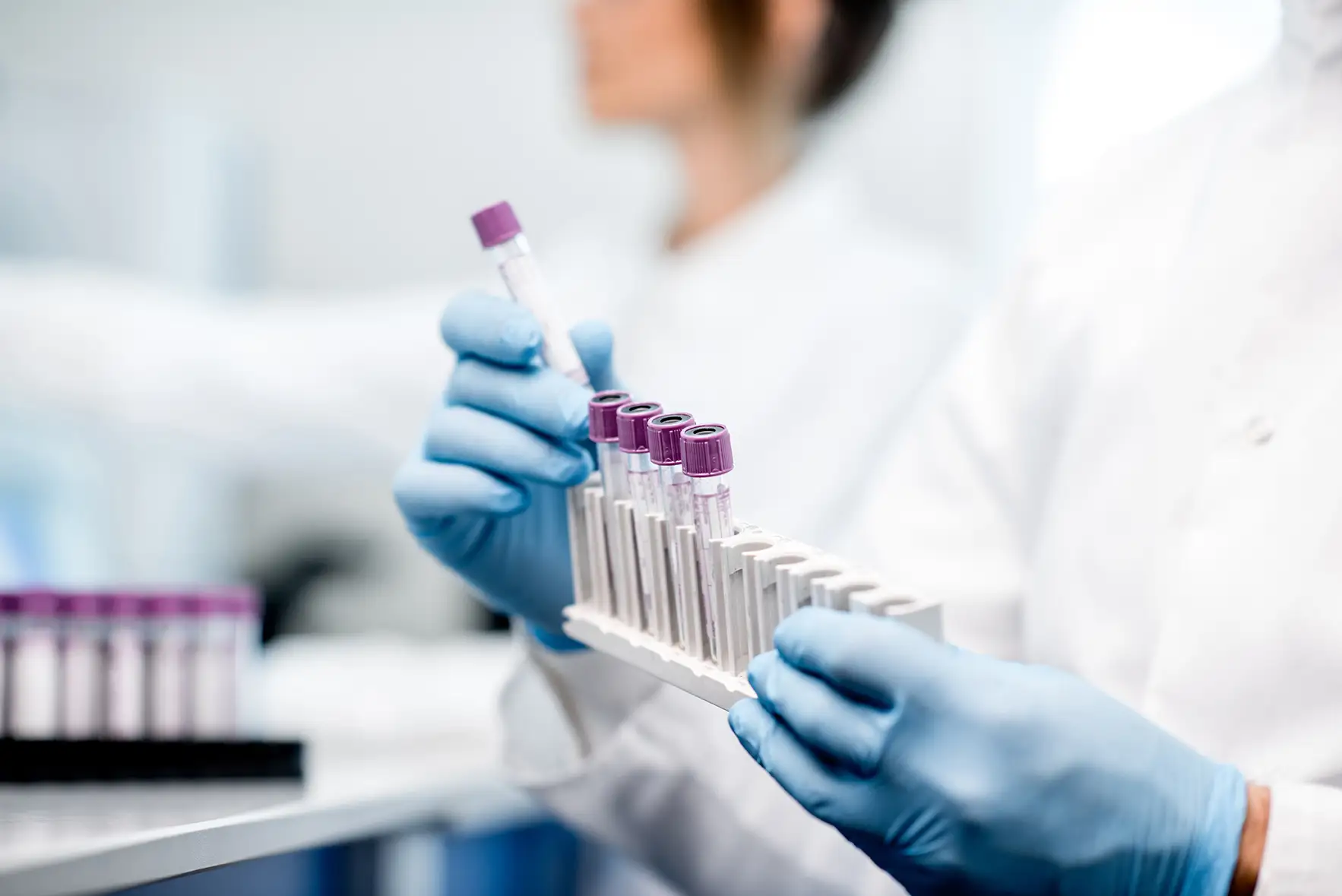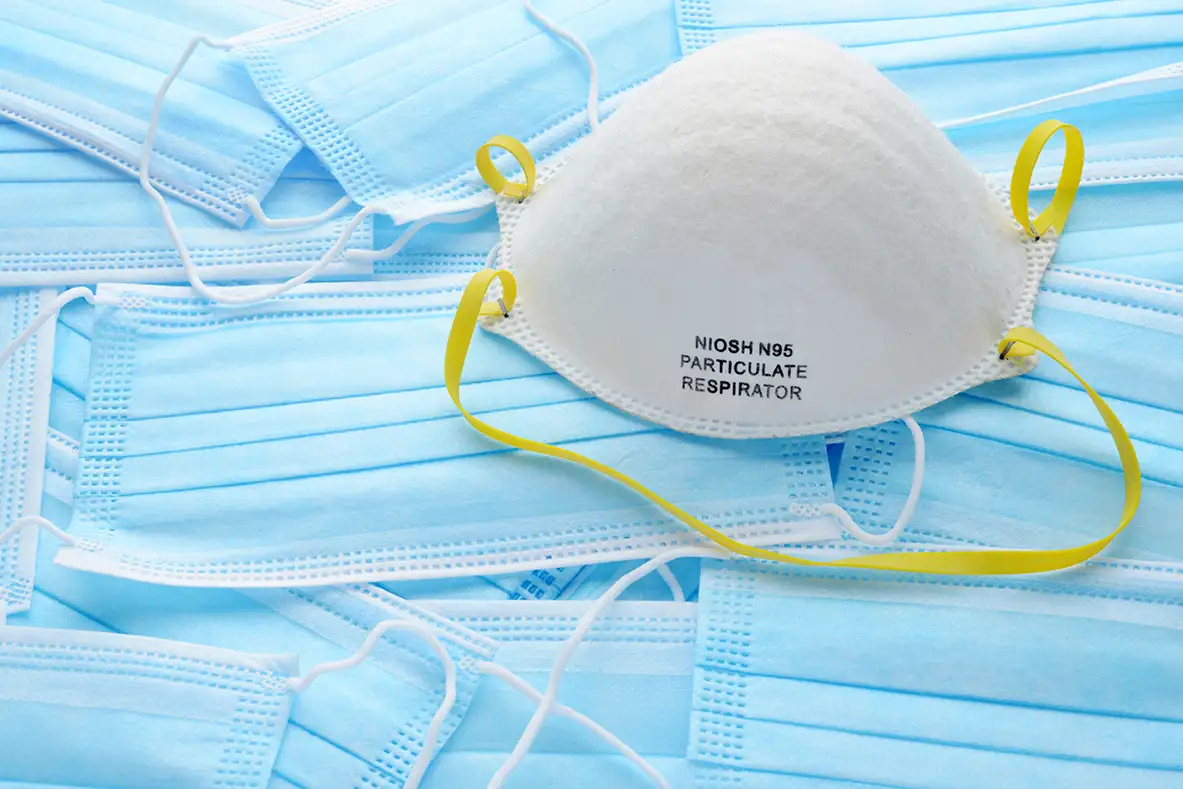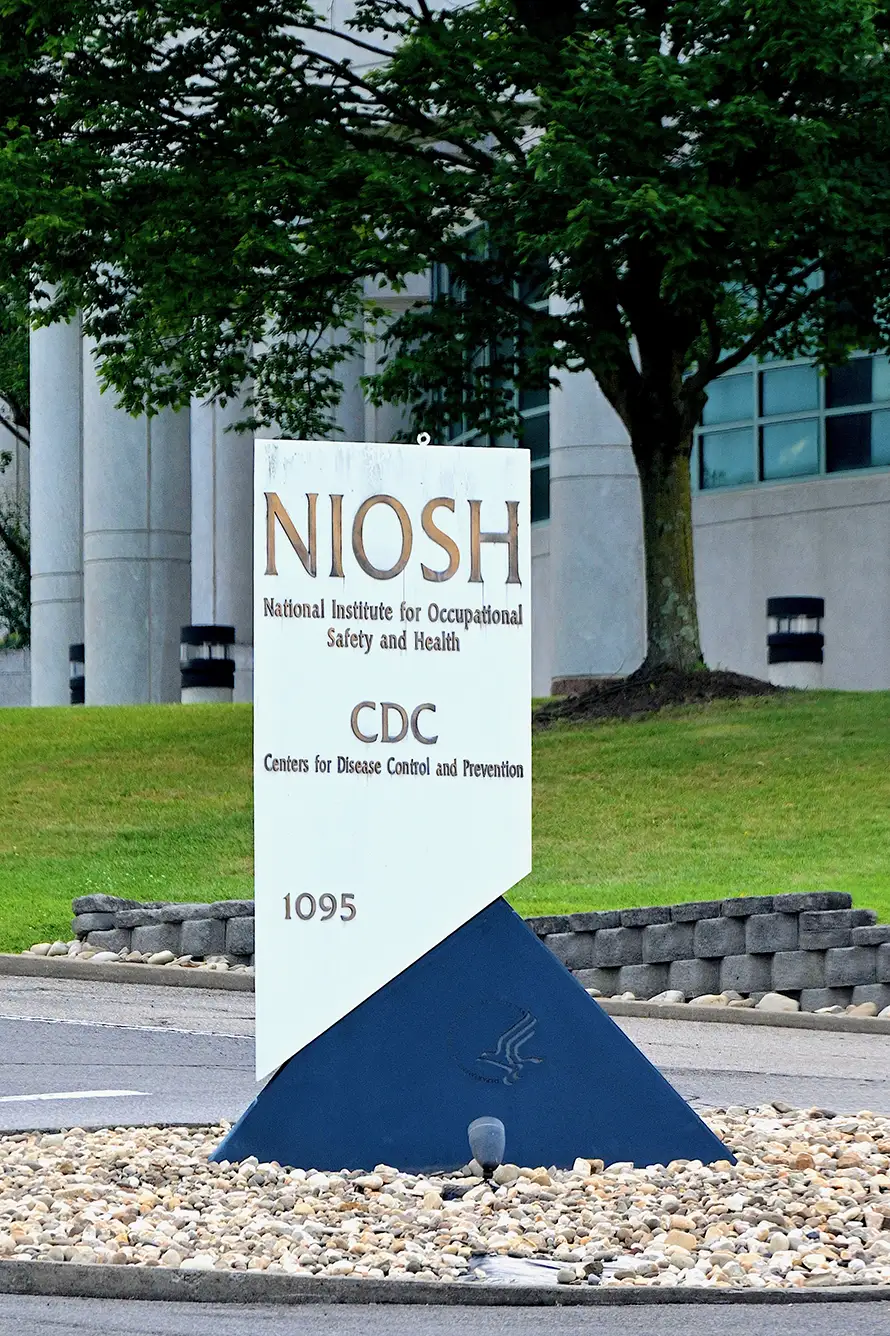Thousands of energy industry workers played a critical role in advancing the United States’ nuclear weapons program during the Cold War. At that time, not as much was known about the long-term health risks they faced. These individuals worked at various sites. Some of their jobs involved handling radioactive materials and other hazardous substances. Over time, some developed serious illnesses, including cancer and chronic lung disease.
To acknowledge these sacrifices and provide relief, Congress enacted the Energy Employees Occupational Illness Compensation Program Act (EEOICPA) in 2000.
What Is EEOICPA?
Administered by the U.S. Department of Labor, EEOICPA offers compensation and medical benefits to current or former U.S. Department of Energy (DOE) employees, contractors and subcontractors, who have developed illnesses as a result of toxic workplace exposures, and their survivors.

Congress enacted a program to protect energy workers who were potentially exposed to radioactive material.
The program is divided into two parts: Part B and Part E. Part B provides a $150,000 lump sum payment and medical coverage for workers diagnosed with certain radiation-, beryllium- or silica-related illnesses. This part also covers eligible uranium workers under the Radiation Exposure Compensation Act (RECA).
Part E expands benefits to include a broader range of illnesses caused by exposure to any toxic substances. Compensation is based on the worker’s level of impairment and wage loss resulting from illness.
Why EEOICPA Matters
EEOICPA is a national commitment to the health and dignity of energy workers who contributed to national security, often at great personal cost. It provides not just financial help, but also recognition and access to health care for those dealing with life-altering illnesses. Survivors of deceased workers may also be eligible for benefits, helping to ease the burden during difficult times.
However, navigating the claims process can be complex. Proving that an illness is connected to a specific workplace exposure often requires technical documentation, scientific analysis, historical records, and even reconstruction of a worker’s possible occupational radiation dose. This is where the work of ORAU becomes essential.

The National Institute for Occupational Safety and Health (NIOSH) facilitates EEOICPA.
ORAU and the NIOSH Dose Reconstruction Project
Under a contract with the National Institute for Occupational Safety and Health (NIOSH), ORAU plays a key role in supporting EEOICPA Part B claims through the NIOSH Dose Reconstruction Project.
The ORAU Team—consisting of health physicists, scientists, analysts, and other experts from ORAU and its subcontractors—helps determine whether a claim is likely related to occupational radiation exposure. This process involves conducting interviews with claimants or their survivors, retrieving and validating individual monitoring records, analyzing historical radiation data from DOE and Atomic Weapons Employer facilities, and using scientific models to estimate dose and calculate risk.

NIOSH manages a contract with ORAU to ensure energy industry workers who were potentially exposed to radioactive material are supported.
At the heart of this process is the probability of causation—a scientific determination of whether a cancer diagnosis, for example, is “at least as likely as not” (a 50% or greater likelihood) linked to workplace exposure. If this threshold is met, the worker or their survivor may be awarded the benefit under Part B, plus ongoing medical coverage.
ORAU’s dose reconstruction work is not just technical, it’s deeply human. ORAU helps ensure that claims are evaluated fairly, using the best available science and a commitment to accuracy and compassion.
EEOICPA and the work of ORAU together fulfill a powerful promise to recognize the contributions of nuclear workers, provide meaningful support and honor their legacy with integrity.
Sources: